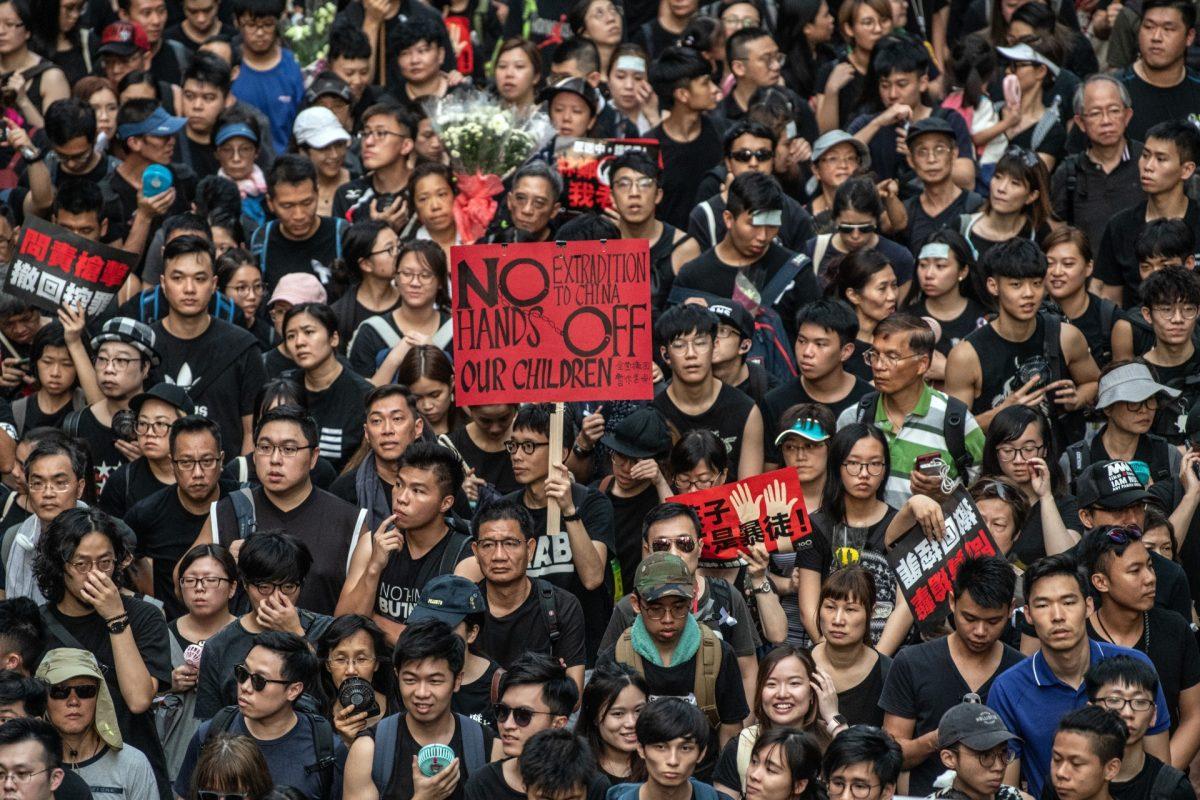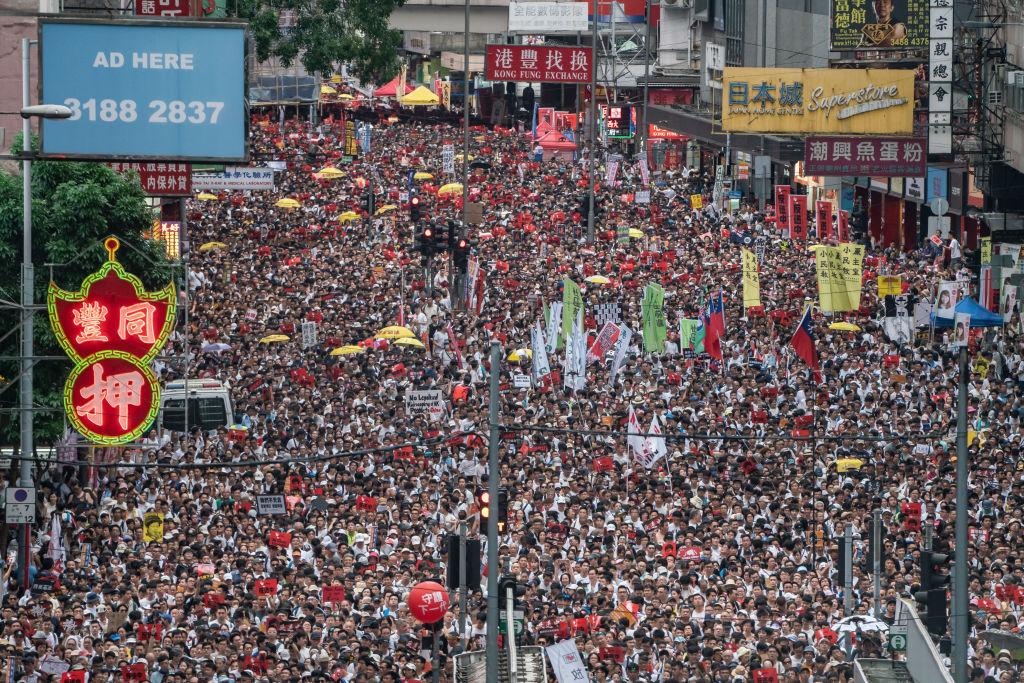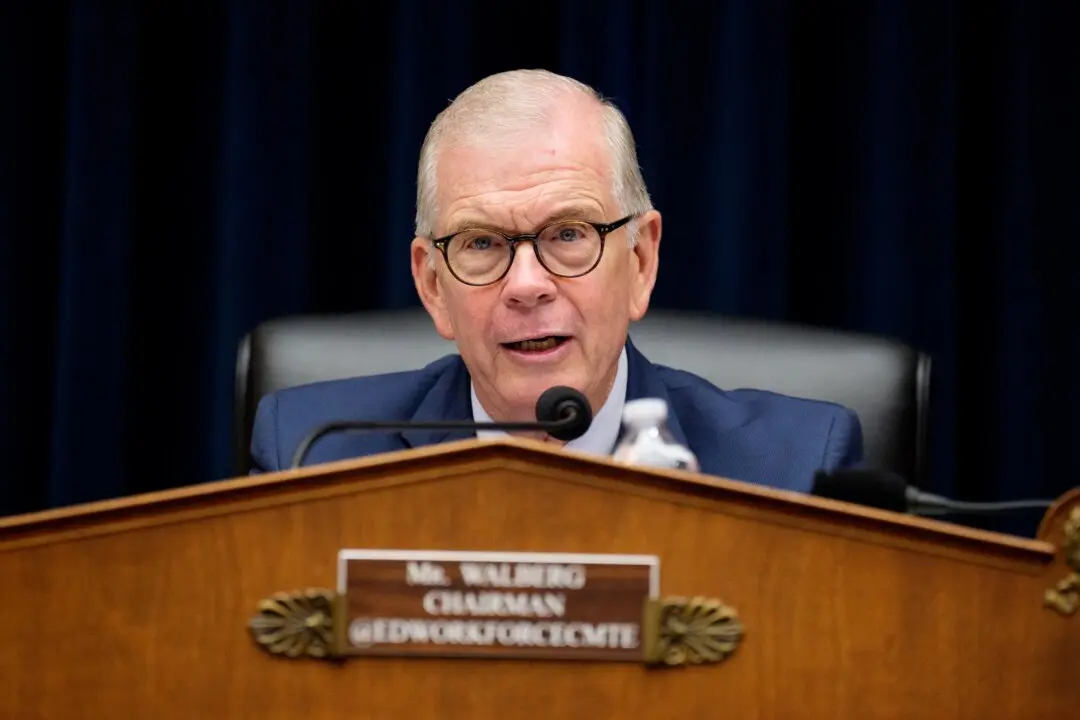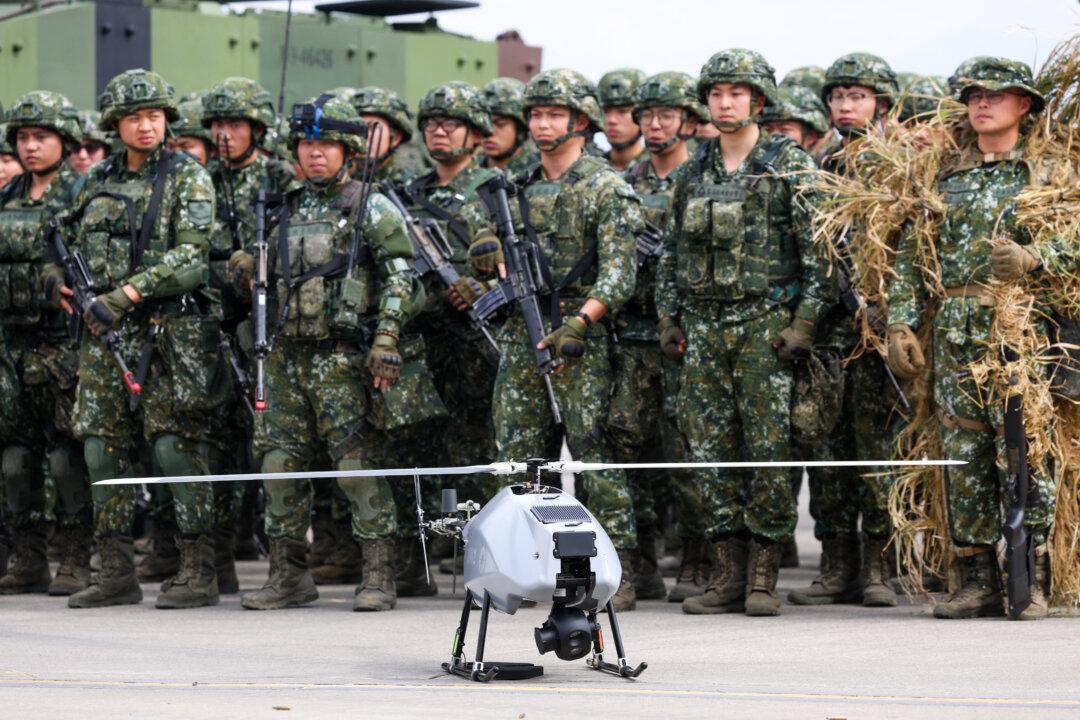International rights groups are voicing concerns about Hong Kong’s dwindling freedoms after a major civil society group in the Chinese-ruled city announced on Aug. 15 that it will disband, amid a looming police investigation.
“In the course of over a year, the [Hong Kong] government, in the name of the pandemic, continuously turned down march applications by the CHRF and other organizations,” the CHRF stated. “Many of our member groups are under oppression, as [the city’s] civil society is facing unprecedented challenges.”
The group said it had originally hoped to “continue to face the challenge.” However, the choice to fight on became impossible since its secretariat—an office that includes the positions of a convener, deputy conveners, and finance—had failed to maintain operations, due to the imprisonment of its convener, Figo Chan. Additionally, the group said no members had expressed a willingness to take on the work of the secretariat in the coming year.
The group said that its assets, worth about HK$1.6 million (about US$205,570), will be donated to “appropriate groups.”
The group also expressed gratitude for being able to stand with Hongkongers in many different protests, including the fight against an anti-subversion bill known as Article 23 in 2003, the Umbrella Movement in 2014, and the marches against an extradition bill in 2019.
“Our calls resonated across the entire city—allowing the world to see Hong Kong, letting the light shine in the darkness, and letting democracy and freedom take root in people’s hearts,” according to the CHRF statement.
CHRF expressed hope that other groups could remain committed to their values to “support [Hong Kong’s] civil society.”

Concerns
Amnesty International and Washington-based nonprofit Hong Kong Democracy Council both expressed concern about the state of Hong Kong’s society in the wake of CHRF’s announcement.“The CHRF has organized, often in close collaboration with the police, large-scale peaceful rallies in Hong Kong for 20 years without being accused of breaking any law,” Joshua Rosenzweig, the head of Amnesty International’s China team, said in a statement.
“Its demise is yet more evidence that Hongkongers’ rights to freedom of association, expression, and peaceful assembly can no longer be taken for granted under the authorities’ obsession with ‘national security.’”
“The pattern of self-censorship seen this week also signals a concerning domino effect, as Hong Kong’s draconian national security law has triggered an accelerating disappearance of independent civil society groups from the city,” Rosenzweig stated.
The regime in Beijing imposed a draconian national security law on Hong Kong last summer, punishing vaguely defined crimes such as subversion with a maximum penalty of life in prison. Now, dozens of the city’s pro-democracy opposition leaders are facing prosecution, are sitting in jail, or have fled overseas.
Samuel Chu, managing director of Hong Kong Democracy Council, said both CHRF and teachers’ union had been “pillars of Hong Kong’s civil society” and criticized the Hong Kong government for “escalating their political cleansing,” according to a statement.
“Closing the civil society space would ensure that no group or individual is visible and powerful enough to hold the regime accountable,” Chu stated.
He urged the United States and the free world to “continue to provide technical, moral, and financial support to civil society in Hong Kong.”





